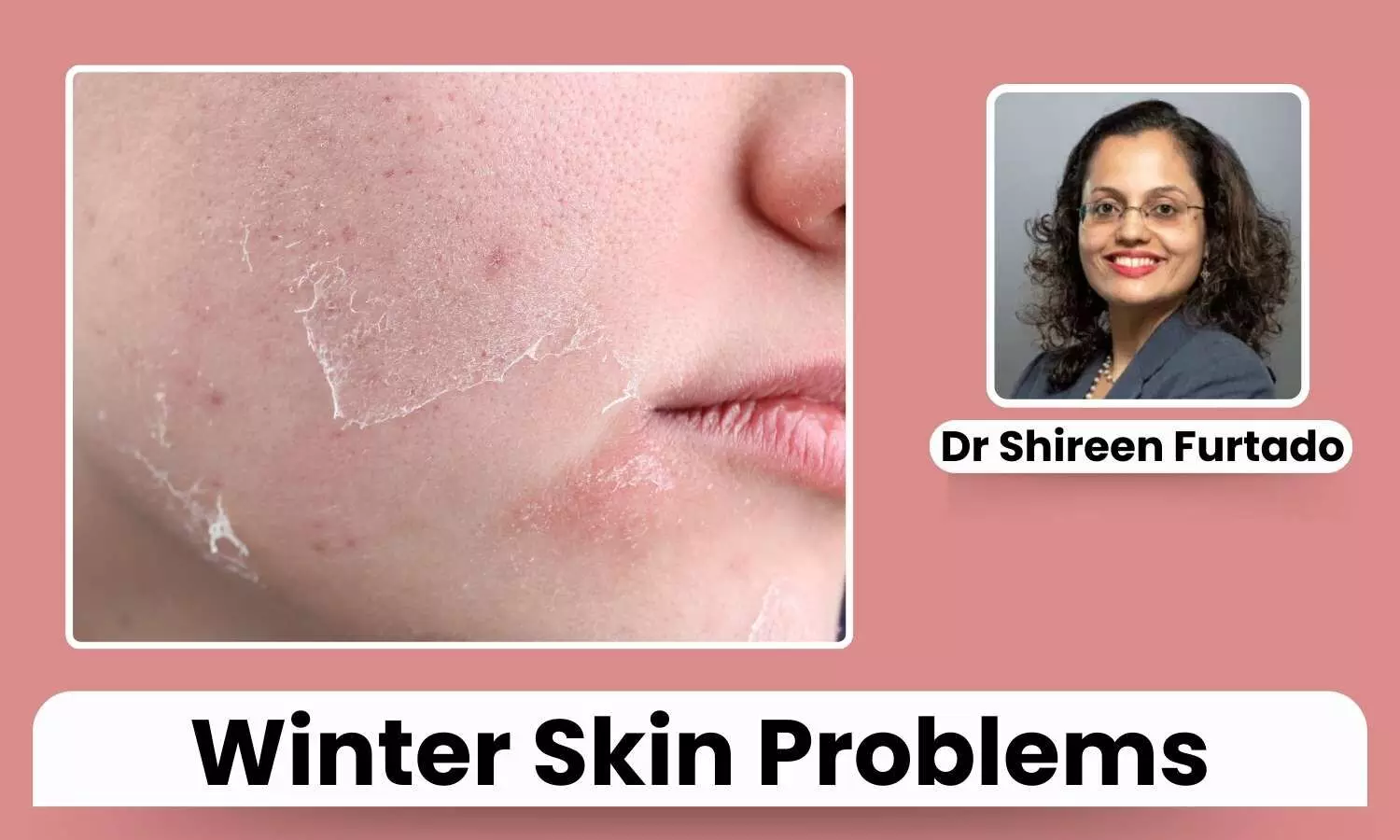Winter Skin Problems: Managing Dry Skin and Eczema Effectively - Dr Shireen Furtado

Winter brings a lot of challenges for skin health, with dryness, irritation, and flare-ups of conditions like eczema taking centre stage. The chilly air, low humidity, and the allure of hot showers create the perfect storm for dehydrated, itchy skin.
Understanding the root causes and practical solutions for winter skin issues is the key to maintaining comfort and confidence throughout the colder months.
What Causes Winter Skin Problems?
Winter significantly impacts the skin’s natural barrier. Low humidity, both outdoors and indoors, robs the skin of essential moisture, while cold winds further strip away protective oils.
Additionally, hot showers, while comforting, can increase dryness by removing the skin’s natural lipids. Wool and synthetic fabrics, often worn for warmth, may irritate sensitive skin, particularly for those prone to eczema or other skin conditions.
Impact of Winter on Eczema
Eczema, or atopic dermatitis, is a chronic condition marked by inflamed, itchy skin. The dry, cold environment of winter worsens these symptoms, leading to more frequent flare-ups.
Irritants like detergents, fragrances, and certain fabrics can further increase this condition, making daily skincare routines more challenging but also more essential.
Tips for Managing Dry Skin
- Moisturize Frequently: Apply a thick, fragrance-free moisturizer immediately after bathing to trap moisture. Look for products containing ceramides and hyaluronic acid for optimal hydration.
- Use a Humidifier: Adding moisture to indoor air can counteract the drying effects of heaters and improve skin hydration.
- Limit Hot Water Exposure: Opt for lukewarm showers and keep bathing sessions brief to avoid stripping natural oils.
- Protective Clothing: Wear gloves, scarves, and hats to shield skin from the elements. Choose soft, breathable fabrics like cotton to minimize irritation.
Strategies for Eczema Relief
- Hydration is Key: Keep eczema-prone skin well-moisturized using emollient creams and ointments. Reapply as needed throughout the day.
- Avoid Known Triggers: Identify and minimize exposure to irritants, such as harsh soaps, allergens, and certain textiles.
- Stay Hydrated: Drink plenty of water and consume foods rich in omega-3 fatty acids, which help maintain skin health.
- Consult Professionals: If eczema symptoms worsen or persist, seek advice from a dermatologist for advanced treatment options, such as phototherapy.
Persistent dry skin or eczema that doesn’t respond to over-the-counter treatments warrants a visit to a dermatologist. Severe symptoms, including cracking, bleeding, or infections, require professional evaluation and care.
Winter skin problems, especially dry skin and eczema, demand proactive care. Adopting a consistent skincare routine, using the right products, and taking preventive measures can help you combat the harsh effects of the season. Don’t hesitate to consult a dermatologist for tailored advice to keep your skin healthy and comfortable all winter long.


